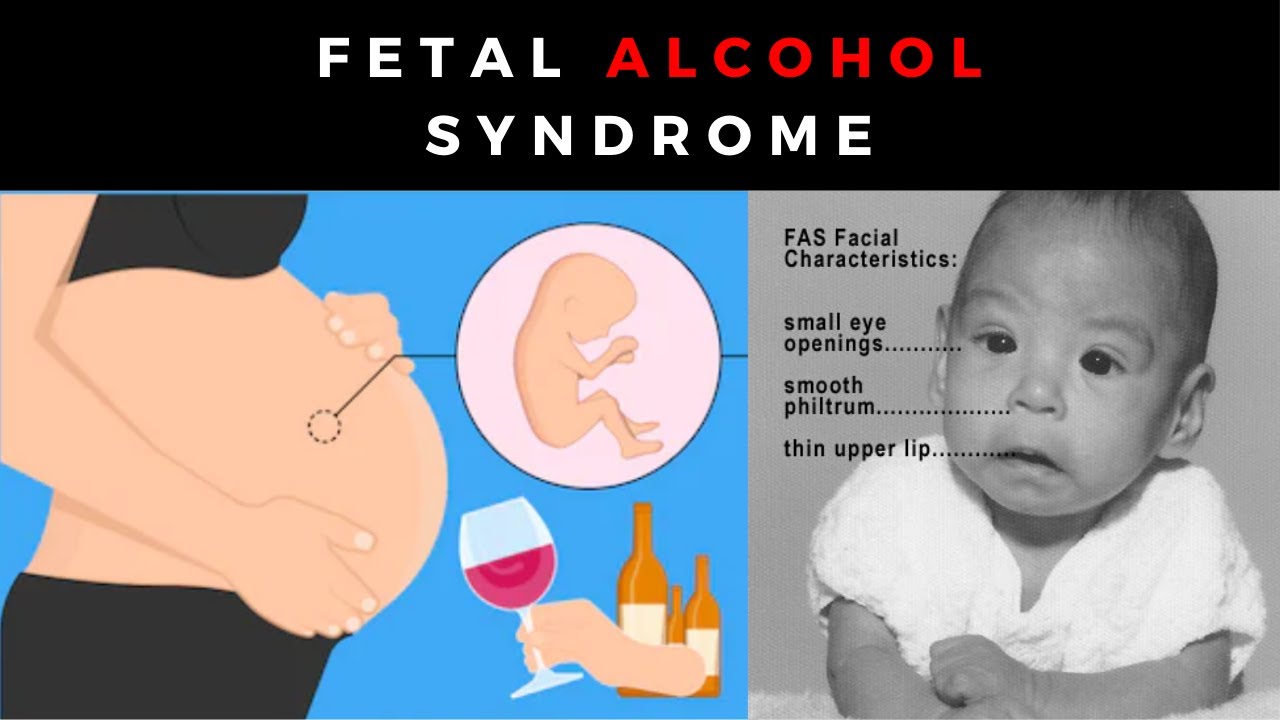
DiYES International School – Child with Fetal Alcohol Syndrome (FAS) faces unique challenges that require understanding, patience, and comprehensive support. FAS is a condition that results from a mother drinking alcohol during pregnancy, leading to lifelong physical, cognitive, and behavioral issues in the child. Children with FAS may experience developmental delays, learning disabilities, attention problems, and difficulties with motor skills. Raising a child with FAS can be incredibly rewarding, but it also presents specific hurdles that caregivers must navigate. With the right strategies and support, these challenges can be managed, and the child can thrive in their environment.
Fetal Alcohol Syndrome can affect children in various ways, and the severity of the condition varies from child to child. One of the primary challenges is the cognitive and learning disabilities associated with FAS. Children with FAS often struggle with tasks requiring memory, attention, and processing information. This can result in difficulties in school, making it harder for them to keep up with their peers. Children with FAS may require special education services and modifications to their learning environment.
Another major challenge is behavioral issues. Children with FAS may have difficulty with impulse control, exhibit hyperactivity, and experience social difficulties. These children may struggle with forming relationships and understanding social cues. Their behavior might be misunderstood, and they may be labeled as “difficult” or “misbehaving,” which can further isolate them from their peers. However, understanding that these behaviors are a result of the brain damage caused by alcohol exposure can help caregivers approach these issues with more empathy and patience.
Physical issues are also common in children with FAS. These children often have facial abnormalities such as a smooth philtrum (the groove above the upper lip), thin upper lip, and small eyes. They may also have problems with motor skills and coordination, making activities like writing, playing sports, or dressing themselves challenging. These physical traits may impact the child’s self-esteem and lead to additional social difficulties.
“Read about: Supporting a Child with Cancer: What Parents and Caregivers Need to Know”
While raising a child with FAS presents challenges, there are effective strategies that can help both the child and caregivers manage the condition more successfully. Early intervention is critical for maximizing the child’s potential. Special education programs designed for children with learning disabilities can provide the necessary support in school. These programs often include individualized teaching plans and extra assistance to help the child understand and retain information at their own pace.
Behavioral therapy is another key component in helping children with FAS manage their actions and emotions. Applied Behavioral Analysis (ABA) is often used to teach children new skills and reinforce positive behaviors. By creating a structured environment and using consistent routines, caregivers can help children with FAS feel more secure and confident. It is also essential for caregivers to maintain clear and simple expectations, as children with FAS may have difficulty with abstract concepts and need straightforward instructions.
In addition to formal therapies, it’s crucial for families to create a supportive and understanding home environment. Patience and consistency are key when dealing with children with FAS. These children often need more time and guidance to complete everyday tasks, so caregivers must be prepared to offer encouragement and praise. Creating a predictable routine can help children with FAS feel a sense of stability and reduce anxiety. Positive reinforcement, such as rewarding good behavior, can also motivate the child to improve their actions and develop self-regulation.
Social skills training is also valuable in helping children with FAS interact with others more effectively. Role-playing and guided interactions with peers can help children with FAS understand social norms and improve their relationships. Support groups for both children and parents can offer additional resources, as well as a sense of community and understanding. Caregivers can find comfort in sharing their experiences with others in similar situations.
“Read more: Global Legal Approaches to Human Trafficking: What You Need to Know”
In addition to educational and behavioral support, medical care is also essential for children with FAS. Children with FAS may have health issues such as heart defects, hearing loss, or vision problems that require ongoing medical attention. Regular check-ups with pediatricians and specialists are important to ensure that the child receives proper medical care and interventions when necessary.
Occupational therapy can also be beneficial for children with FAS, especially for those struggling with fine motor skills and coordination. An occupational therapist can work with the child to improve their ability to complete tasks like dressing, eating, and writing. This can enhance the child’s independence and overall quality of life.
Mental health support is equally important, as children with FAS are at a higher risk for anxiety, depression, and other emotional difficulties. Therapy with a psychologist or counselor can help children process their feelings and develop coping mechanisms. Counseling for the family can also provide guidance on how to manage stress, communicate more effectively, and better support the child’s needs.
Raising awareness about FAS is an essential part of improving the lives of affected children. Many people still lack understanding about the nature of FAS and the impact it has on children. Public education campaigns can help reduce the stigma surrounding FAS and encourage early diagnosis and intervention. Advocacy groups play a critical role in providing resources for families, training for professionals, and promoting policies that support children with disabilities.